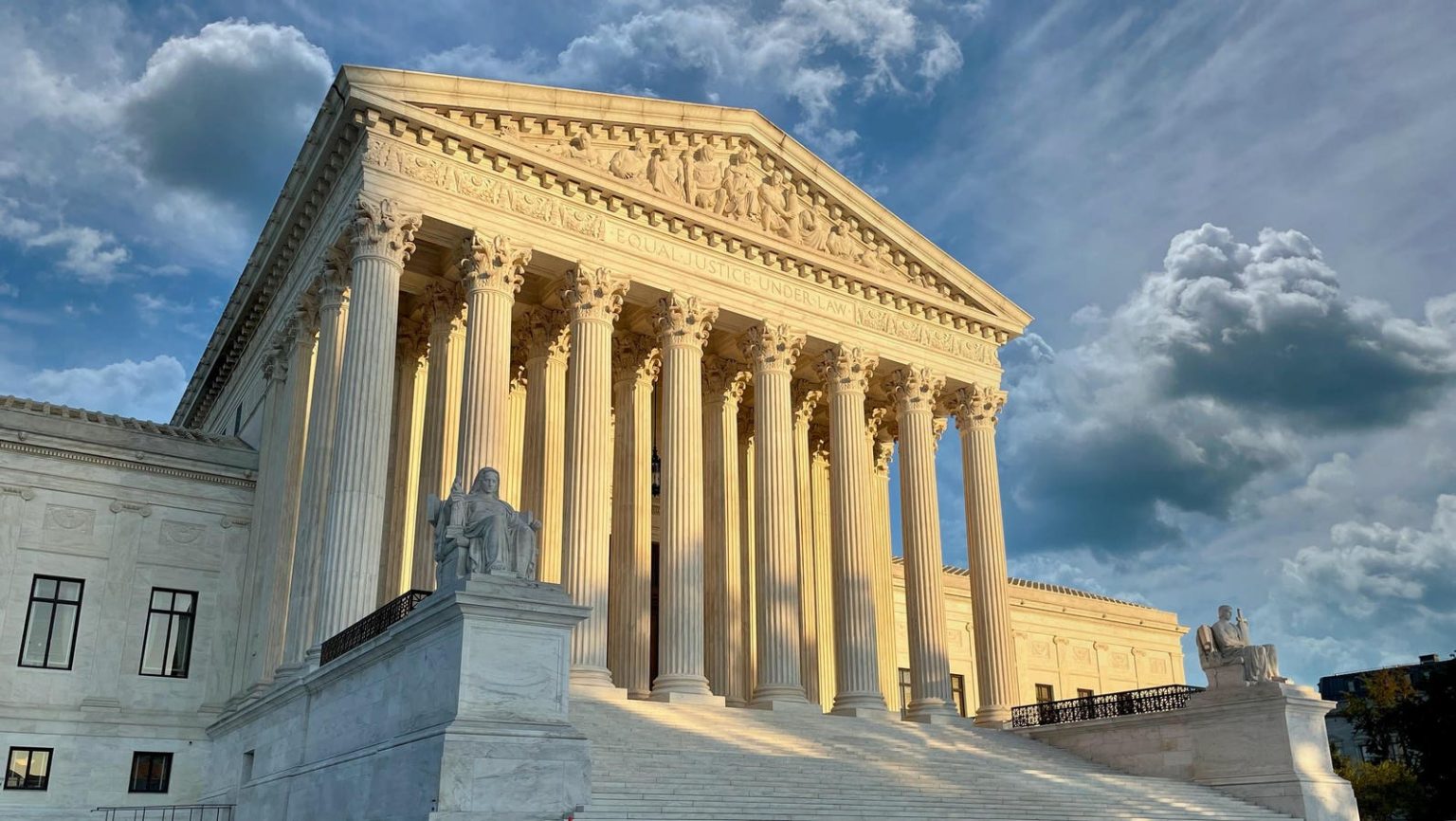In a unanimous decision, the Supreme Court rejected a challenge to nationwide access to the abortion pill mifepristone, ruling that the group disputing the FDA’s approval of the drug did not have the legal right to sue. While the ruling maintains the status quo of access to medication abortion, it does not prevent states from imposing restrictions on obtaining such pills, like Louisiana’s criminalization of their possession. The decision also does not affect future cases that may be brought before the Supreme Court.
Justice Brett Kavanaugh delivered the opinion of the court, stating that the plaintiffs’ desire to make mifepristone less available for others did not establish standing to sue. The case, which was heard earlier this year, seemed likely to be rejected as it was based on wanting restrictions for others rather than a tangible harm suffered by the plaintiffs. The case has been remanded back to U.S. District Court judge Matthew Kacsmaryk, who ruled in favor of a conservative coalition seeking to curtail access to mifepristone.
Mifepristone, approved by the FDA in 2000, is used for medication abortion by blocking progesterone needed for pregnancy to continue. The drug, along with misoprostol, is prescribed for early pregnancies up to 10 weeks. While the Supreme Court’s decision does not address mifepristone’s safety or the FDA’s regulatory authority, it also does not overturn state laws prohibiting medication abortion or penalties for possessing abortion pills.
Louisiana recently passed a law criminalizing the abortion pills, setting a precedent that challenges decisions made by the FDA and raises concerns about the agency’s regulatory authority. The bill designates the pills as controlled substances, despite data showing their safety compared to other common prescription drugs. The law imposes restrictions on obtaining and possessing the medication, leading other states to consider similar measures to restrict access to medication abortion.
The Louisiana law will track and restrict access to mifepristone and misoprostol, with penalties including fines and possible jail time for possessing the drugs without a prescription. Doctors will need specific licenses to prescribe the drugs, which can only be stored in designated facilities, creating barriers to access, particularly in rural areas. This legislation, along with abortion bans in 14 states, sets the stage for further restrictions on medication abortion and challenges to the FDA’s regulatory authority.
Several states, including Missouri, Kansas, and Idaho, have opposed the FDA’s approval of mifepristone, and may challenge the Supreme Court’s decision in the future. The ruling today does not prevent future legal action from these states, nor does it address the potential for tighter restrictions on medication abortion in Republican-led states. The Louisiana bill and similar legislation in other states raise questions about the authority of the FDA in regulating prescription drugs and medical technologies.













